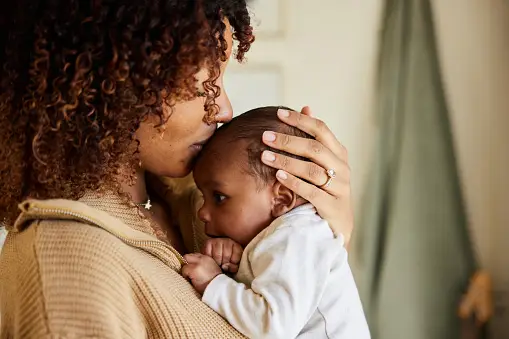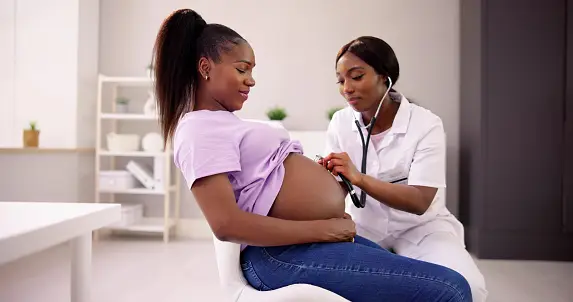The two weeks between ovulation and when your period is due for many women can seem to last an eternity, especially for those trying to conceive and desperate to have their pregnancy confirmed. The two weeks period can also generate feelings of anxiety and apprehension for women who are just as keen not to have a baby.
The two-week wait refers to the luteal phase of pregnancy. This menstrual cycle phase begins after ovulation and lasts until either pregnancy or your period occurs. Of course, the two-week wait time frame only applies to women with the standard 28-day cycle. If you have shorter or longer menstrual cycles, the two weeks wait may be more of a 1-week wait or perhaps even a 3-week wait.
Two weeks wait for fertility-assisted conception
The two-week wait can take on an even greater emotional intensity for women having difficulty conceiving and undertaking fertility assistance. Those two weeks between embryo transfer and waiting to see if pregnancy has resulted can seem like a lifetime.
With planning and careful monitoring, so much has been invested in trying to fall pregnant. You need patience which can be daunting at this point. Because ultimately, that’s what the two-week wait is about. Sitting back and waiting. Nothing can speed up the process, and nature needs to do its own thing all the time.
Some women feel they are a failure if their fertility treatments have failed. They’ve put so much into conceiving that the possibility of it not being successful fills them and their partner with intense disappointment. But there are no guarantees in life. The best you can do is make informed choices with the information you have and avoid seeing everything in life as being under your absolute control.
Common emotions during the two-week wait
- Anxiety, worry and apprehension.
- Heightened sensitivity and moodiness.
- Nagging thoughts relating to ‘What if I’m pregnant?’ ‘How will I cope?’ and ‘What if I’m not?’
- Distraction and difficulty focusing.
- Greater awareness of body functioning – every little twinge is analysed.
- Sleep changes and difficulty ‘switching off.'
- Becoming easily irritated and with a short fuse.
- Being very quiet and preoccupied.
Common symptoms you may experience during the two-week wait
- Mild cramping
- Tender or swollen breasts
- Fatigue
- Frequent urination
- Headaches
- Food Aversions
- Constipation
- Heightened basal body temperature
- Backaches
- A heightened sense of smell
- Spotting
- Nausea
- Bloating
When to see a doctor
If you get your period less than 14 days after ovulation, it could be an underlying problem. Sometimes, you may have miscalculated your ovulation days. Consult your healthcare provider for more clarity.










Comments